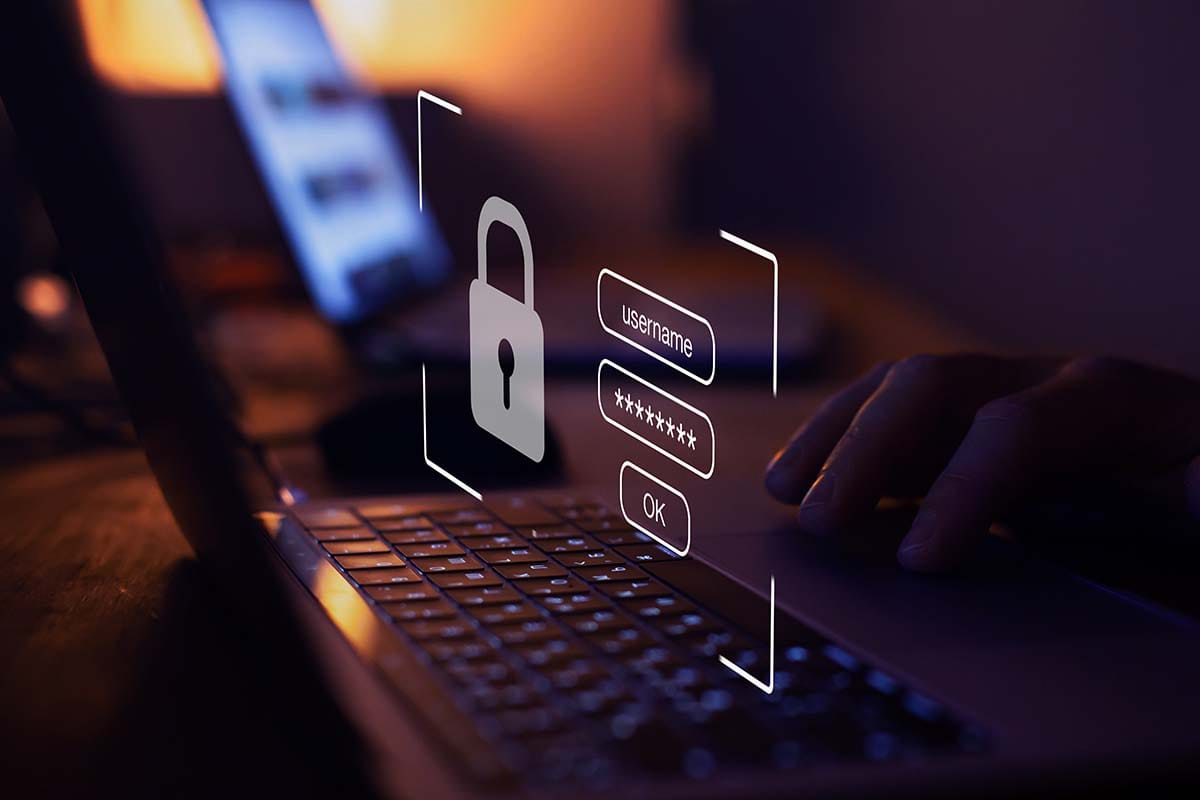Cyber Security in the Digital Age
In today's interconnected world, where digital technologies are deeply embedded in our daily lives, cybersecurity has become more critical than ever. The increasing volume of data generated, stored, and transmitted online has made individuals, businesses, and governments vulnerable to cyber threats. From personal identity theft to large-scale data breaches, the risks are diverse and evolving. Therefore, it is essential to adopt effective strategies to safeguard our data and privacy.
Cyber Security: What is it?
In simple terms, cyber security refers to the process of protecting digital devices and networking systems from various types of cyberattacks.
Cyberattacks are a significant problem, but they are also a real threat. Cyber attacks can compromise your sensitive data, leaving you vulnerable to insecurity in the cyber world, which is never desirable.

On the other hand, hackers use a variety of tactics to steal information. To carry out cyber attacks, they use various powerful methods that go against conventional cyber security systems.
The vast majority of the public is unaware of this! Hackers exploit these opportunities to create problems at different times, including significant cyber attacks.
It goes without saying that as technology evolves, we will continue to use technology and be vulnerable to cyber-attacks in the future. Therefore, we need to be aware of these issues in advance and take the necessary steps to protect ourselves.
It's really important in the present time. So don't underestimate this matter, try to stay serious about this topic to stay well!
Importance of Cyber Security
Cyber Security involves safeguarding computer systems, networks, and data from unauthorized access or malicious attacks. The importance of cyber security cannot be overstated due to several compelling reasons:
- Protection of Sensitive Information: Cyber threats can compromise personal, financial, and sensitive business data, leading to identity theft, fraud, or significant financial losses.
- Maintaining Trust and Reputation: Individuals and organizations rely on digital platforms for communication, transactions, and operations. A breach in cyber security can erode trust and damage reputation.
- Legal and Regulatory Compliance: Various regulations (e.g., GDPR, HIPAA) require businesses to protect user data. Non-compliance can result in legal consequences and penalties.
Cybercrime and its impact
Cyber attacks can be of different types. Although they are all deadly, the amount of damage varies depending on the kind of attack.
And that's never what we want. Cyber-attacks have adverse effects in a variety of situations. Here are some of the adverse impacts of cyber crime:
Economies' costs:
- Theft of corporate information
- Theft of intellectual property
- Disruption of trade
- Repairs
Cost of reputation: Decreased trust among consumers, loss of customers, negative press coverage
Regulation costs: As GDPR and other data breach laws can result in financial penalties and fines for organizations, cyber crime can be costly
Effective Strategies for Data Protection
Implementing robust Cyber Security measures involves a combination of technology, policies, and user awareness. Here are key strategies to safeguard your data:
- Use Strong Authentication: Implement multi-factor authentication (MFA) wherever possible. This adds an extra layer of security beyond passwords, making unauthorized access difficult.
- Regular Software Updates and Patch Management: Ensure that all devices and software applications are updated regularly. Updates often contain security patches that fix known vulnerabilities.
- Data Encryption: Encrypt sensitive data both at rest (stored data) and in transit (data being transmitted over networks). This makes it unreadable to unauthorized users.
- Firewall and Antivirus Software: Install and regularly update firewall and antivirus software to detect and block malicious activities.
- Implement Access Controls: Limit access to sensitive data based on the principle of least privilege. Only authorized personnel should have access to critical information.
- Backup Data Regularly: Maintain secure backups of important data. In case of a ransomware attack or data loss, backups can help restore information without paying the ransom.
- Security Awareness Training: Educate employees (and yourself) about Cyber Security best practices, such as recognizing phishing attempts, creating strong passwords, and reporting suspicious activities.
- Secure Wi-Fi Networks: Use encrypted Wi-Fi connections (WPA3) and avoid public Wi-Fi for sensitive transactions.
- Implement Incident Response Plan: Have a well-defined incident response plan to quickly mitigate and recover from security breaches.
- Monitor and Audit: Regularly monitor systems for unusual activities and conduct security audits to identify vulnerabilities proactively.
Conclusion
Cyber security is a continuous process of protecting data and systems against evolving threats. By adopting a proactive approach and integrating robust security measures into your digital practices, you can significantly reduce the risk of cyberattacks and protect your valuable information. Remember, cyber security is everyone's responsibility, and staying vigilant is key to staying secure in the digital age.




